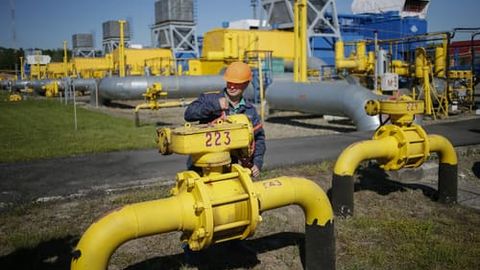Uzbekistan sees over 474,000 active enterprises as trade sector dominates
21:17 / 20.01.2026
Kazakhstan introduces largest AI model built to recognize Turkic languages
20:38 / 20.01.2026
Russian philosopher Dugin’s remarks revive debate over sovereignty in post-Soviet territory
19:45 / 20.01.2026
Uzbekistan to open first permanent Centre for Contemporary Arts in Tashkent
18:15 / 20.01.2026
Uzbek grandmasters remain in contention at Tata Steel Chess Tournament
17:11 / 20.01.2026
Recommendations
Menu
Good news:
Tags
Grow your business with us
Advertise on Daryo.uzIndividual approach and exclusive materials
Ad-free site readingSubscribe
25 000 sum per month

Comments
To leave a comment, first